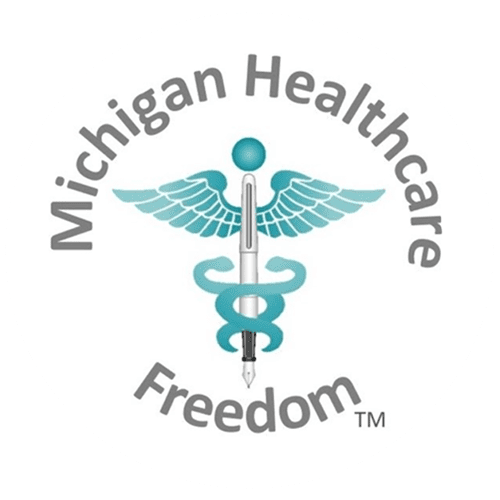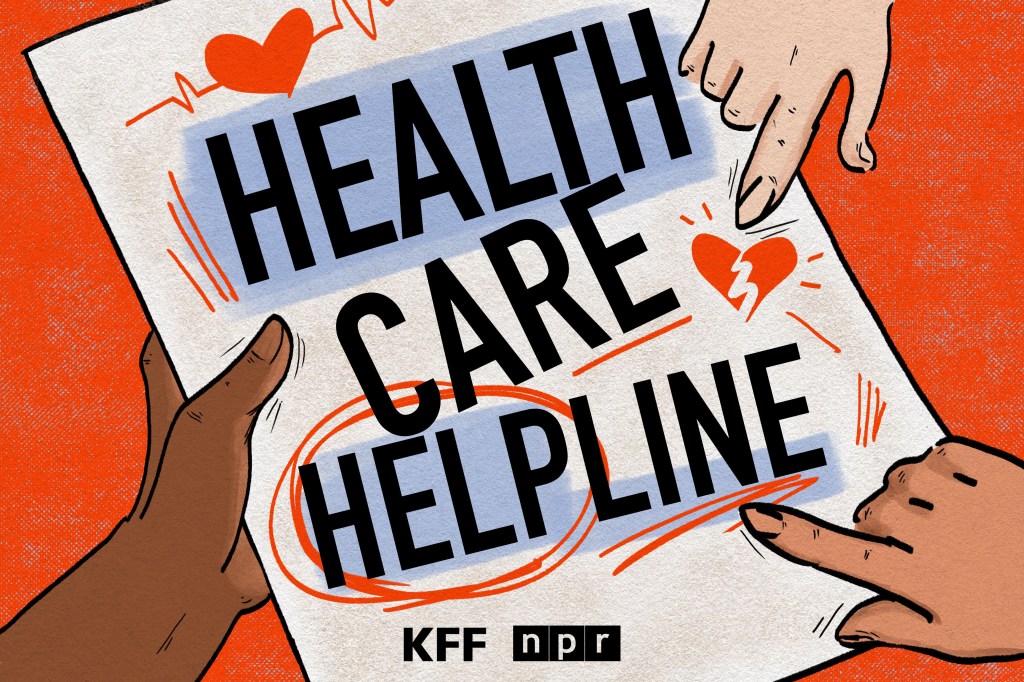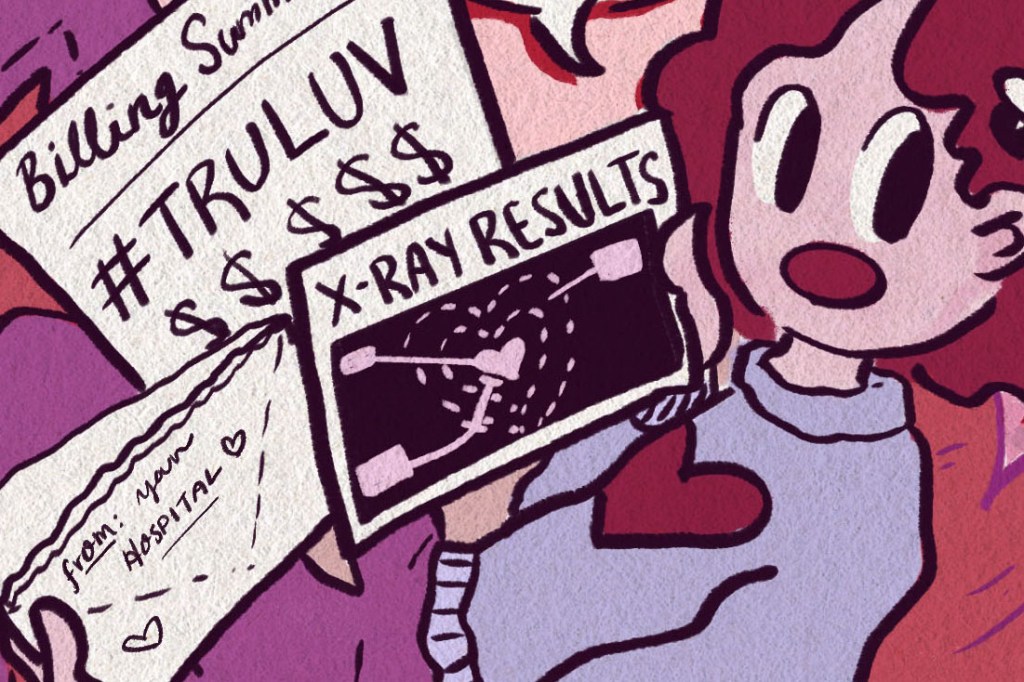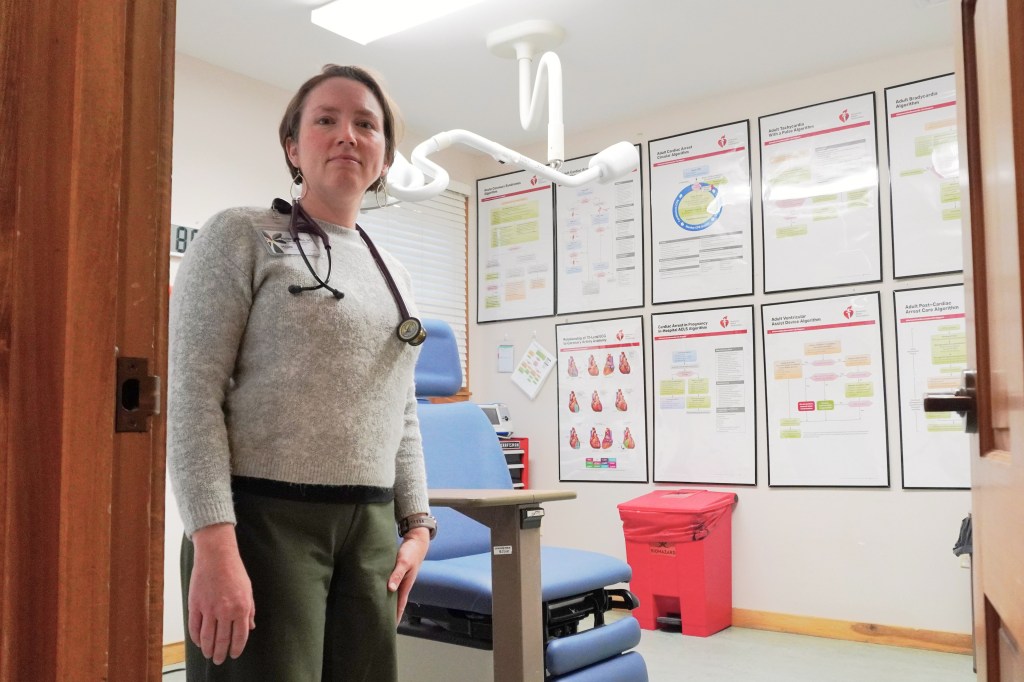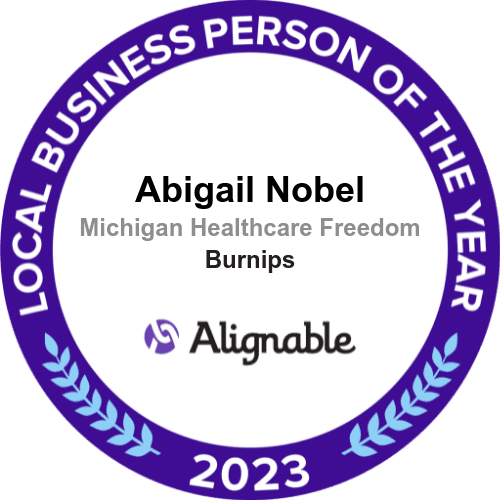- Colorado lawmakers advance dental payer transparency bill
- Massachusetts man found guilty of practicing unlicensed dentistry
- 4 health systems adopt AI contract intelligence platform
- Mississippi health system sets record with Epic go-live
- Beacon Kalamazoo nurses ratify 3-year contract
- CareQuest partners with AI company on medical-dental data integration
- Medical virtual visit volumes rival behavioral health: Study
- MetroHealth launches dyad leadership model for level 1 trauma center
- Michigan hospital CEO takes leave
- North Carolina mental health provider expands partnership with Charlotte Hornets
- Magellan Health to be acquired by investment group
- Dr. Kevin Kwaku named Association of Black Cardiologists president
- RWJBarnabas Health names SVP of support services
- Albany Med CEO leans into controllable growth
- What orthopedic practices need to stay competitive
- Cornell names health innovation chief, forms health tech committee
- Heart and Vascular Center of Arizona opens 3rd practice
- Pennsylvania hospital to close, transition to outpatient care
- Massachusetts system cuts 117 corporate jobs
- HCA subsidiary acquires cardiothoracic, vascular physician group
- The data that sealed this ASC’s robotics deal
- The best, worst cities for physicians to practice
- 10 stats to know on PA pay
- The emerging anesthesia disruptors
- Mass General Brigham posts -1.4% operating margin in Q1
- Safety-net CEOs confront rising labor costs — and hard decisions
- Clerri completes SOC audit
- New endoscopy ASCs, facilities popping up in 3 weeks
- New England College awarded federal grant for mental health degree program, facilities
- The team effort behind Moffitt’s operating margin growth
- ‘Psychiatry is so variable’: SSM Health navigates fixed-rate Medicaid payments
- CMS eyes reversal of dental essential health benefit policy: 5 notes
- U of Mississippi Medical Center opens ASC
- North Carolina woman charged with practicing unlicensed orthodontics
- Advocate Health invests in affordable housing initiative
- Couples Who Do This One Thing Feel More Satisfied And Secure Together
- 6 dentists making headlines
- 3 DSOs expanding in Ohio
- Top 20 CPT codes for GI clinics, ASCs
- South Carolina pediatric dentistry office suffers ransomware attack
- Ascension narrows operating loss to $139M halfway through its fiscal year
- UnitedHealth CEO privately invested in potential competitors: Wall Street Journal
- UnitedHealth Group was the most profitable payer in a difficult 2025 for the industry
- 20 DSOs launched in the last 5 years
- 14 health systems seeking revenue cycle vice presidents
- Stella Mental Health opens 2nd Massachusetts clinic
- NJ addiction treatment provider adds 22 residential beds
- Fitch downgrades Missouri hospital to ‘D’ rating
- FDA Expands Tater Tot Recall Tied to Possible Plastic Contamination
- Baby Food Recalled Nationwide Over Mold Toxin Concern
- A Florida College Has Reported More Than 40 Measles Cases
- Listen to the Latest ‘KFF Health News Minute’
- Jefferson posts $201M operating loss in H1
- Stada earmarks €85M to build out Middle East production hub in Saudi Arabia
- CommonSpirit's volume gains, efficiency initiatives fuel 'noticeable' quarterly performance bump
- Remarks at the Texas A&M School of Law Corporate Law Symposium
- Bayer strikes $7.25B Roundup settlement, favoring 'speed and containment' of thorny legal issue
- La respuesta del equipo de Trump a los aumentos de las primas de ACA: cobertura catastrófica
- ‘Hypertension Bites’: AZ-backed coalition launches ’90s-inspired awareness campaign
- Humana's CenterWell closes deal to buy primary care provider MaxHealth from Arsenal Capital Partners
- Ocular Therapeutix eyes FDA filing with ph. 3 wet AMD win over Eylea, but investors balk
- Clinics sour on CMS after agency scraps 10-year primary care program only months in
- Brain Implant Can Read Movement Of Parkinson's Patients, Opening Door To More Effective Treatment
- Vegetarian Upbringing Not More Likely To Stunt Toddlers' Growth, Study Finds
- Smartphone App Successfully Supports First-Time Moms
- Most Skip Physical Therapy Homework, Slowing Their Recovery
- Teen Sexting Has Surged In U.S.
- Abortion Restrictions Increase Deaths Among Expecting And New Moms, Researchers Report
- Lilly's rare cancer drug Retevmo looks to broaden reach with adjuvant trial win
- Trump Required Hospitals To Post Their Prices for Patients. Mostly It’s the Industry Using the Data.
- Listen: Why Do I Need Prior Authorization?
- Roche adds to Gazyva's growing autoimmune pedigree with new phase 3 kidney condition victory
- Sanofi bids adieu to specialty care chief, promotes Manuela Buxo to assume key post
- Novartis taps Niowave for long-term supply of radiopharmaceutical isotope
- Nuevas reglas de trabajo de Medicaid podrían impactar más fuerte en adultos de mediana edad
- Love Sweet Iced Coffee? Thailand Wants You To Drink It With Less Sugar
- Scientists Find Compound That May Speed Jet Lag Recovery
- El polémico plan de Alabama: usar robots para atención materna en zonas rurales
- Why Chemo Causes Unwanted Side Effects And How To Treat Them
- How to Nurture A Healthy Relationship 365 Days a Year
- Journalists Unpack Impact of ICE Arrests on Families and Caffeine’s Effect on Dementia Risk
- How telehealth is reshaping psychiatric care in rural West Virginia
- 10 behavioral health executive moves to know
- CommonSpirit posts break-even margin in Q2
- The post-discharge breakdown: Where hospitals lose addiction patients
- ACA Subsidies Expired. Open Enrollment Ended. But It Will Still Take Awhile To Register the Results.
- Top HHS Officials Out as White House Shores up Midterm Election Strategy
- Payers sign pledge to join CMMI ACCESS Model
- Federal judge vacates FTC's expanded premerger notification requirements
- States Sue To Block $600 Million Cut to Public Health Funds
- Trump Scuttles Key Climate Finding Used To Control Greenhouse Gases
- Thousands of NYC Nurses Return To Work, but One Major Strike Goes On
- Rush, McLeod Health and FMOL Health report revenue gains from Suki AI scribe
- Swap TV For Activity To Ward Off Depression, Study Suggests
- White-label telehealth provider, pharmacy sued over 'snake oil' compounded oral GLP-1
- Lilly's prelaunch inventory of oral GLP-1 candidate swells ahead of expected FDA obesity nod
- Op-ed: Experience-centered AI is the future of healthcare innovation
- Coming Attractions From the Division of Corporation Finance
- Trump administration restarts its efforts to pilot 340B rebates
- Trump administration restarts its efforts to pilot 340B rebates
- Kaiser Permanente, Department of Labor reach settlement over mental health access
- Astellas casts retina specialists as 'Partners in Protection' in Izervay HCP campaign
- Busy with Casgevy and Journavx launches, Vertex sets ambitious $500M revenue goal for non-CF meds this year
- Tween Screen Addiction Linked To Mental Health Problems, Substance Use
- Traveling To The Big City For Cancer Care? That Might Not Be Necessary For All Rural Patients, Study Says
- Food Choice Matters More Than 'Low-Carb' or 'Low-Fat' Labels
- Toxic Chemicals Found in Popular Hair Extensions
- Physical Inactivity Drives Diabetes Complications, Study Finds
- One Simple Step Can Reduce Risk Of Preeclampsia, Study Says
- With the FDA's Moderna decision, vaccine makers face increasingly uncertain regulatory environment
- Health Care Heartaches: Your Winning Health Policy Valentines
- Clinics Sour on CMS After Agency Scraps 10-Year Primary Care Program Only Months In
- Novartis to seek full FDA approval for IgAN drug Vanrafia despite missing ph. 3 kidney function goal
- PTC shuts down FDA approval bid for troubled Duchenne med Translarna
- Moderna R&D spend shrunk 31% in 2025 amid major pipeline reorg
- Wolters Kluwer Health pushes deeper into agentic AI to tackle medication workflows
- Bayer and celebrity chef keep diners in the dark to shed light on heart health
- Statement on Jury’s Verdict in Trial of Ismael Sanchez
- Your Cat’s Purr May Say More Than Its Meow, Study Finds
- Measles Cases Rise in North Carolina as Public Exposures Are Reported
- Why Bedroom Temperature Matters More for Sleep as We Age
- Child Poisonings Spur Oregon to Weigh New Limits for Cannabis Edibles
- How to conduct health equity work amid politicization, threats
- Claims for younger adults are on the rise: UnitedHealthcare, HAC study
- Fierce Pharma Asia—Lilly, Innovent go 'beyond traditional licensing'; China indicts AZ; Madrigal inks siRNA deal
- Standout healthcare sector gains backstop better-than-expected January jobs report
- Payer AI company Anterior banks $40M funding round
- Testimony Before the U.S. Senate Committee on Banking, Housing, and Urban Affairs
- Amid Wegovy pill's flying start in US, Novo CEO eyes Ireland expansion for supply overseas: Bloomberg
- COVID Vaccines During Pregnancy Not Linked To Autism
- Smartwatches May Soon Predict a Depression Relapse
- Most U.S. Baby Food Is Ultra-processed, Study Finds
- Tinnitus Harms 1 in 5 Careers, Survey Finds
- Mental Health Risk Doubled For Women Who Quit Antidepressants During Pregnancy
- FDA Declines to Review Moderna’s mRNA Flu Vaccine Application
- Alnylam turns profitable even as Amvuttra ATTR revenue disappoints in Q4
- Hospitals' operations wrap 2025 on solid footing, face payer mix, bad debt headwinds for 2026
- Supreme seasons creative agency portfolio with Broth buyout
- CSL's bleak earnings report helps explain why it made CEO switch
- Talkiatry closes $210M series D to expand telepsychiatry services
- Sanofi ousts Paul Hudson after 'bumpy ride,' enlists Merck KGaA CEO to lead the French pharma
- Remarks to the Los Angeles County Bar Association
- Maven, Color Health team up to offer oncofertility care for young adults
- Strong patient engagement drives better women's health outcomes, Tia data show
- AMA Launches Independent Vaccine Review After CDC Criticism
- Trump Pulls $600M in Public Health Funds From Four States
- Testimony Before the U.S. House Financial Services Committee
- Chips Ahoy! Baked Bites Brookie Recalled Over Possible Choking Risk
- FDA Reviews Safety of Food Preservative BHA Over Cancer Concerns
- Brief, Intense Exercise Beats Relaxation for Panic Relief

The Doctor Patient Forum is requesting public support for FDA regulation of NarxCare by May 10, 2025. They explain and link the FDA comment page in their YouTube video (2 min):
Flagged. Medically Abandoned. Forgotten. Unveiling NarxCare: The Hidden Scoring System in Your EHR.
Unfortunately, DPF's assumption of big government to the rescue fails the logic test. Federal regulation to solve state overreach is a non-starter, but there is a better way.
The State of Michigan directly added the Michigan Automated Prescription System (MAPS) into the electronic health records (EHRs) and pharmacy management systems of hospitals, physician groups and pharmacies across the state in 2017, according to owner Appriss press release and State of Michigan sources. Lt. Gov. Brian Calley signed the enabling bill into law.
That MAPS package included NarxCare.
It is administered by LARA, but don't forget - it began with state legislators, and can only end the same way.
Both parties in Lansing have been operating on the progressive philosophy that "When the government knows and controls, we have better health." Nothing could be further from the truth, as we ought to have learned from COVID.
However, the Doctor Patient Forum's strength is understanding patient impact of status quo Michigan law, and public awareness is the best way to correct law.
I highly recommend their insights into state prescription drug tracing and patient pain control.
https://www.painnewsnetwork.org/stories/2018/5/19/what-every-patient-should-know-about-narxcare
What Every Patient Should Know About NarxCare
May 19, 2018
Walmart and Sam’s Club recently announced that by the end of August their pharmacists will start using NarxCare, a prescription tracking tool that analyzes real-time data about opioids and other controlled substances from Prescription Drug Monitoring Programs (PDMP’s).
Recent studies question the value of PDMP’s, but 49 states have implemented them so that physicians, pharmacists and insurers can see a patient's medication history. Granted, there is a need for monitoring the select few who doctor shop and/or abuse their medications, albeit that number is only in the 2 percent range.
What is NarxCare? Appriss Health developed NarxCare as a “robust analytics tool” to help “care teams” (doctors, pharmacists, etc.) identify patients with substance use disorders. Each patient is evaluated and given a “risk score” based on their prescription drug history. According to Appriss, a patient is much more willing to discuss their substance abuse issues once they are red flagged as a possible abuser.
“NarxCare automatically analyzes PDMP data and a patient’s health history and provides patient risk scores and an interactive visualization of usage patterns to help identify potential risk factors,” the company says on its website.
“NarxCare aids care teams in clinical decision making, provides support to help prevent or manage substance use disorder, and empowers states with the comprehensive platform they need to take to the next step in the battle against prescription drug addiction."
Sounds great doesn't it? Except prescription drugs are not the problem and never really have been. Illicit drug use has, is, and will continue to be the main cause of the addiction and overdose crisis.
Even the name NarxCare has a negative connotation. “Narx” stands for narcotics. And in today's environment, narcotics is a very negative word. NarxCare makes me feel like a narcotics police officer is just around the corner.
Each patient evaluated by NarxCare gets a “Narx Report” that includes their NarxScores, Overdose Risk Score, Rx Graph, PDMP Data and my favorite, the Red Flags. The scores are based on the past two years of a patient’s prescription history, as well as their medical claims, electronic health records and even their criminal history.
Ohio, Michigan, Indiana, Iowa, and several other states are using NarxCare to supplement their own PDMPs. And Walmart isn’t the only big retail company to adopt it. Kroger, Ralphs, Kmart, CVS, Rite Aid and Walgreens are already using NarxCare. There’s a good chance your prescriptions are already being tracked by NarxCare and you don’t even know it.
But NarxCare doesn’t just analyze opioid prescriptions. It also tracks other controlled substances, such as antidepressants, sedatives and stimulants. If a patient is on any combination of those drugs, their risk scores and their chances of being red flagged will be higher – even if they’ve been safely taking the medications for years.
There are several other ways a patient can be red flagged, such as having multiple doctors or pharmacies. But what if you moved and changed physicians? What if you had the same physician for many years and he/she retired or moved away? What if your pharmacy refused to fill your prescription and you had to go pharmacy hunting every month? What if you had dental surgery and your dentist placed you on a short-term pain medication?
Unfortunately, the NarxCare scores do not reflect any of that. How can raw data on prescription medications be an indicator of abuse? I believe there is some merit in tracking and weeding out the rare abuser, but NarxCare doesn't factor in all the “what if’s” that can happen to law-abiding and responsible patients.
As pain patients, we need to be acutely aware of the negative impact this analytics tool can have. Many of us have already been required to sign pain contracts, take drugs tests, and undergo pill counts. In 2019, Medicare will adopt policies making it even harder for patients to get high doses of opioid medication. Some insurers are already doing it. We're already being policed enough as it is.
I intend to ask my physician, pharmacist and case manager if they utilize NarxCare. So should you. If they say yes, ask them why. Ask your doctor if they believe you are at risk for substance use disorder. Why is their judgement and treatment of you being second guessed by anyone?
Rochelle Odell lives in California. She’s lived for nearly 25 years with Complex Regional Pain Syndrome (CRPS/RSD).
Get MHF Insights
News and tips for your healthcare freedom.
We never spam you. One-step unsubscribe.
